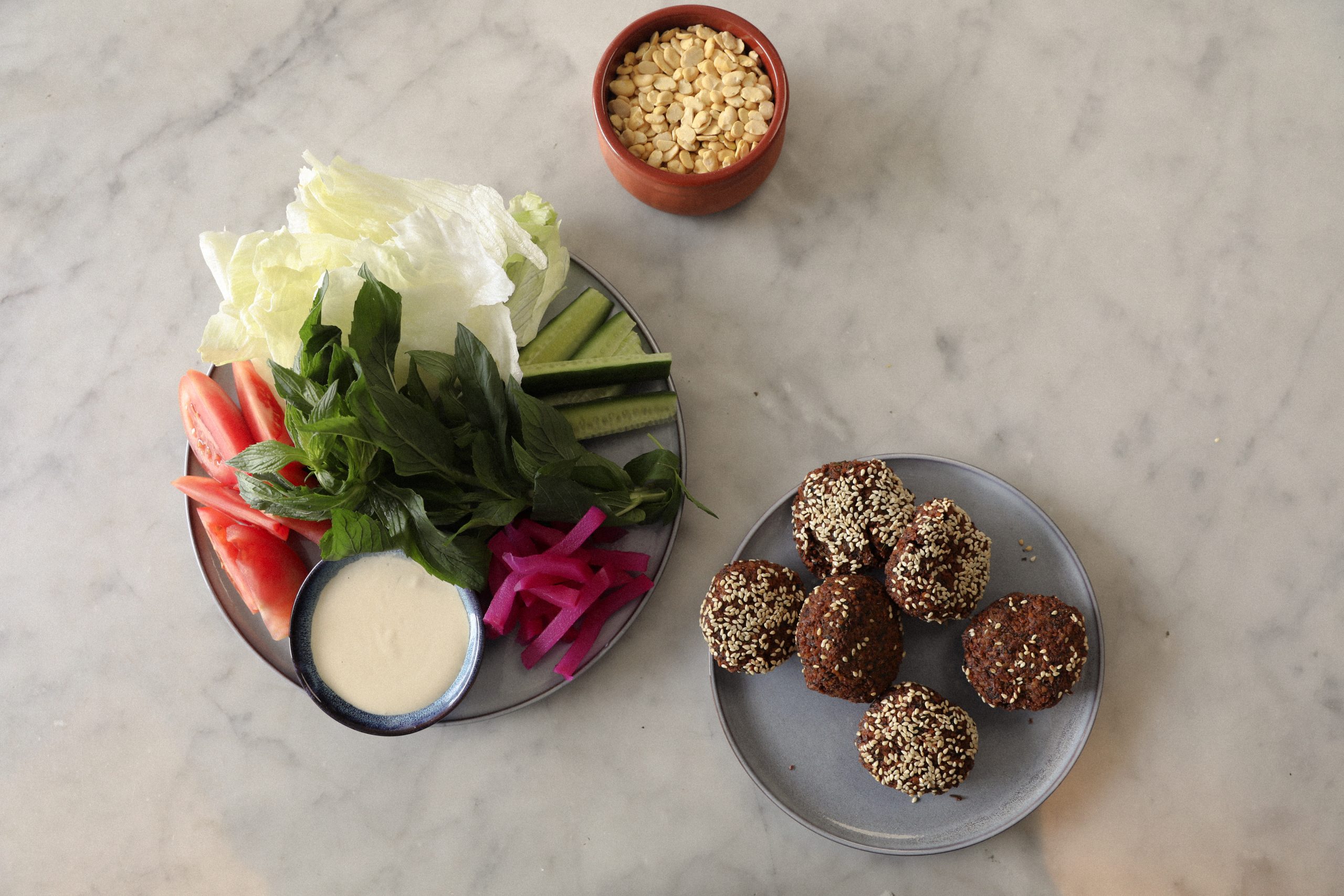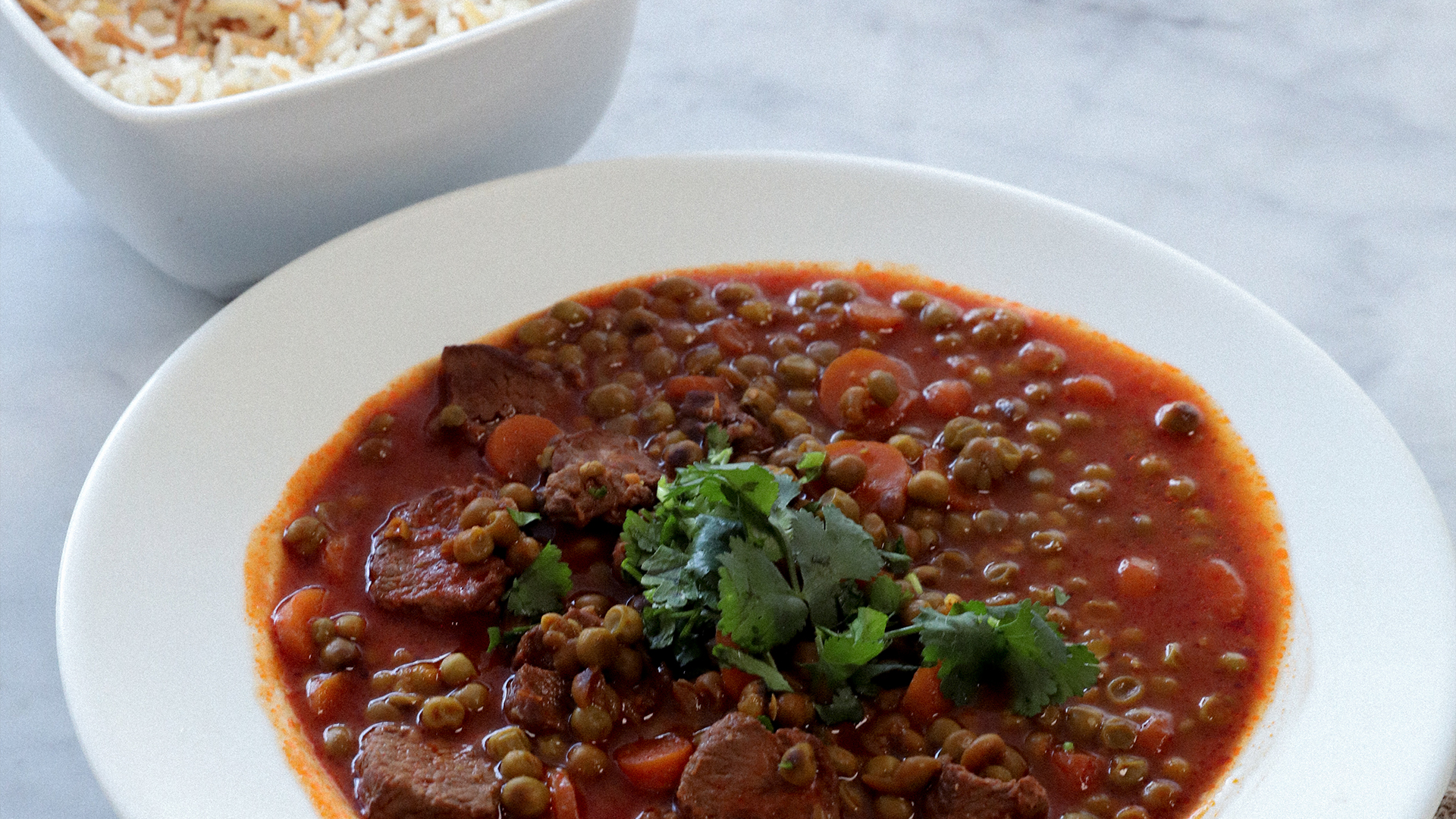Amera’s Egyptian Style Rice
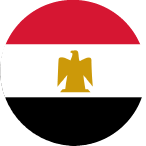 Egypt
Egypt 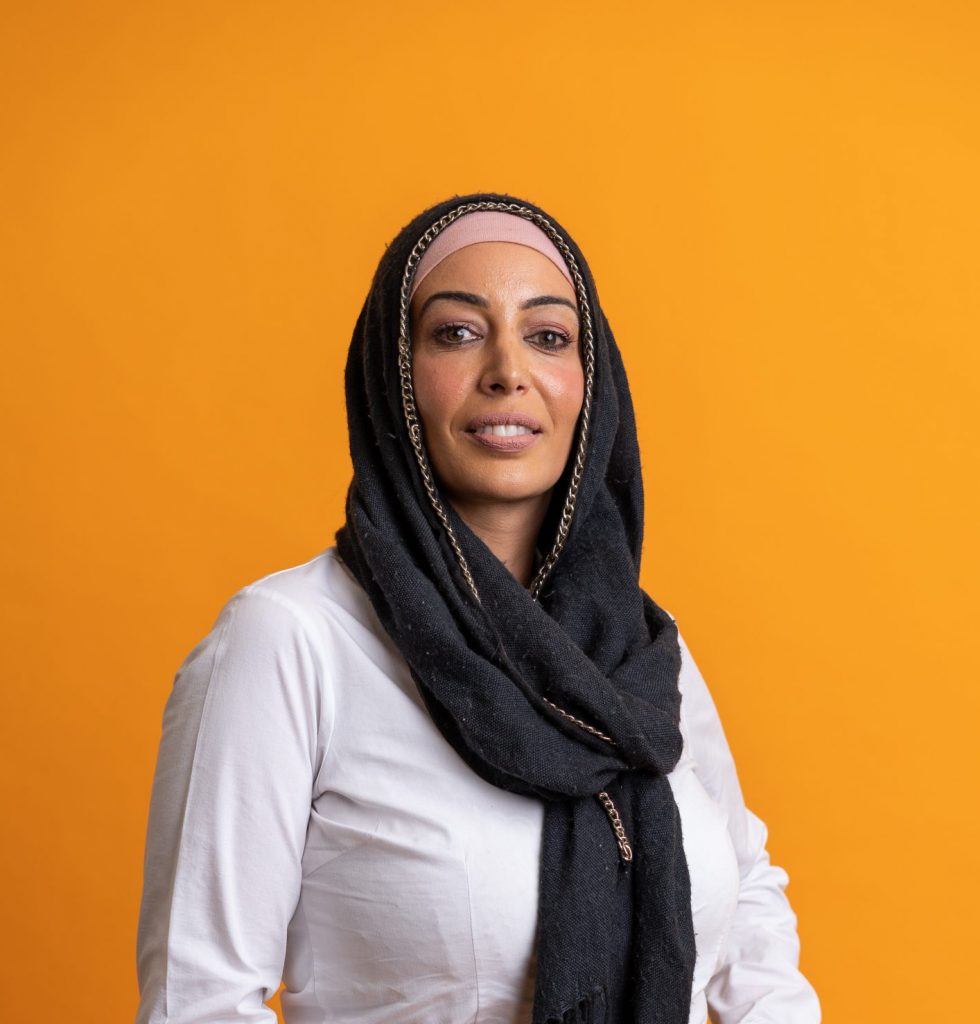
My story is one of learning to accept myself and the culture I was born into – and food played a part in that.
Australian-born, I grew up in The Shire in South Sydney. My parents were born in Egypt – Mum in Alexandria, Dad in Cairo. They divorced young, and I went to live with my mum. I attended the local Catholic school, where most of my friends were Anglo-Australian. Most of the area was Anglo-Australian and as a young Muslim girl, I felt I had to fit in to survive. The true nature of my culture and family had to become invisible and that kind of thinking became a habit to the point where I’d be embarrassed to participate in my culture, even at home.
My mum was an amazing cook but only looking back now, do I really appreciate how good she was. I was a fussy eater. I generally hated vegetables and loved my meat – but only plain, no spices or sauces. I’d see my Anglo-friends with their baked vegetables and meats. Anything outside of that would feel too foreign so my mother’s cooking would make me feel foreign. I didn’t want to try anything new and didn’t want to accept that this was my culture. I even remember times I would run around the house to escape eating her traditional dishes!
Over time, you hear stories of your parents, how they grew up and what they ate. When they were growing up in Egypt there was a lot of poverty. There still is a lot today. Meat was scarce so meat dishes were padded out with loads of vegetables and invariably served with rice. It was a nutritious way to feed the family and a little meat with lots of vegetables and rice dressed up with aromas and spices, sauces and creative thinking became tradition. As I heard these stories, I started to understand the context of the food my mum made and to appreciate that this is my heritage, it’s part of my story.
As I grew up, we would hold family BBQs at home, cooking spiced meats. The aroma caught the attention of our neighbours and they became intrigued and praised the food we were cooking – everything from the spiced meat to tahini and hummus to the traditional vegetable and rice-based dishes I’d never liked: Bezela wa Gazar (peas and carrots), Spanekh (spinach), Bezela (peas), Fesolia (green beans) and Bamya (okra). Suddenly, I realised that I didn’t hate the food mum was making – rather I’d been embarrassed by it, but with the neighbourhood accepting Mum’s cooking, they were accepting me and my family. And that helped me to accept myself.
By the time I was studying for my HSC, I chose subjects around culture and religion and the moment I graduated, I booked a flight to Egypt to follow my pursuit of knowledge to understand who I was. My mother had always wanted us to visit Egypt. She would never say anything negative about it and even now she refers to it as ‘The mother of the world’ – in Arabic: Om el Donya. I fell in love with the history, culture and stories too… and as if by divine timing, I met the love of my life, my husband Yasser.
I had never met most of my relatives but some of our uncles had visited us in Australia and each week when my sister, brother and I went to visit my dad, we would phone his mum, our Teta. Teta’s family were Turkish originally and she was quite a talented pianist with a grand piano in her home. I loved hearing her play and the first thing she would always say was “aaz el weld wa weld el weld” – “I love my son but I love my grandchildren even more”! We would speak to her in Arabic and English but my Arabic was pretty poor so it was quite an adventure arriving in Cairo to meet her on my own.
When I walked in with my suitcase, the first thing I smelt was the beautiful aromatic smell of fresh tomatoes. I asked what she was making and she said ‘Bezela wa Roz’ (Peas and Rice). For so long this meal was something I actively avoided, but standing there with Teta, with her loving smile and gentle gaze, and this incredible smell coming from the kitchen, was like a gentle slap in the face. I asked Teta to teach me how she makes it and if you ask me now, what my favourite dish is, I will always say ‘bezela wa roz’. I make it the way she taught me at least once a week. My children love it and each time I make it brings back memories of my beautiful Teta and the pride in my heritage I should always have.
Meeting Teta was a turning point for me in different ways. That trip to Egypt, was one of self-discovery and self-acceptance, learning to accept myself and the culture I was born into and to understand that respecting and loving myself is essential to respecting others.
My increasing fascination with other people’s stories showed me that life comes in all sorts, and without compassion, the world is a dark place. After a few years in business and finance, I retrained to work in the disability industry setting myself a personal goal to improve inclusiveness in society and to empower marginalised communities and individual people’s abilities. Some people need more support than others and there is no greater satisfaction than helping make a difference, supporting them to overcome obstacles and reach their goals, seeing them live their best lives, and be truly happy, loved and supported. I love assisting adults and children and as a mother of three sons, I always work from the perspective of how I expect my own children to be treated. We are humans working together to survive, and life doesn’t need to be a challenge we experience alone. Together, we can make the world a better place, if we start with the vision, empathy and passion for it.
In our Egyptian and Muslim culture, sharing food is not just about making sure someone’s fed. It’s an act of hospitality and of charity, symbolising at the most basic level the sharing of what we have. So I hope you and your family will enjoy trying some of my family’s traditional Egyptian food as a gift from my family to yours.
You can find the recipe for Bezela here.
The Egyptian style rice we serve it with is quite traditional across the Middle East. Different to the way rice is prepared in most other parts of the world, it includes vermicelli noodles and is cooked with butter. Delicious as a side with any stew or casserole, it can be served with many of the dishes on Recipes for Ramadan and is also good comfort food served on its own. Below is our recipe.
Enjoy!
Amera Zaki
2021
Share this story
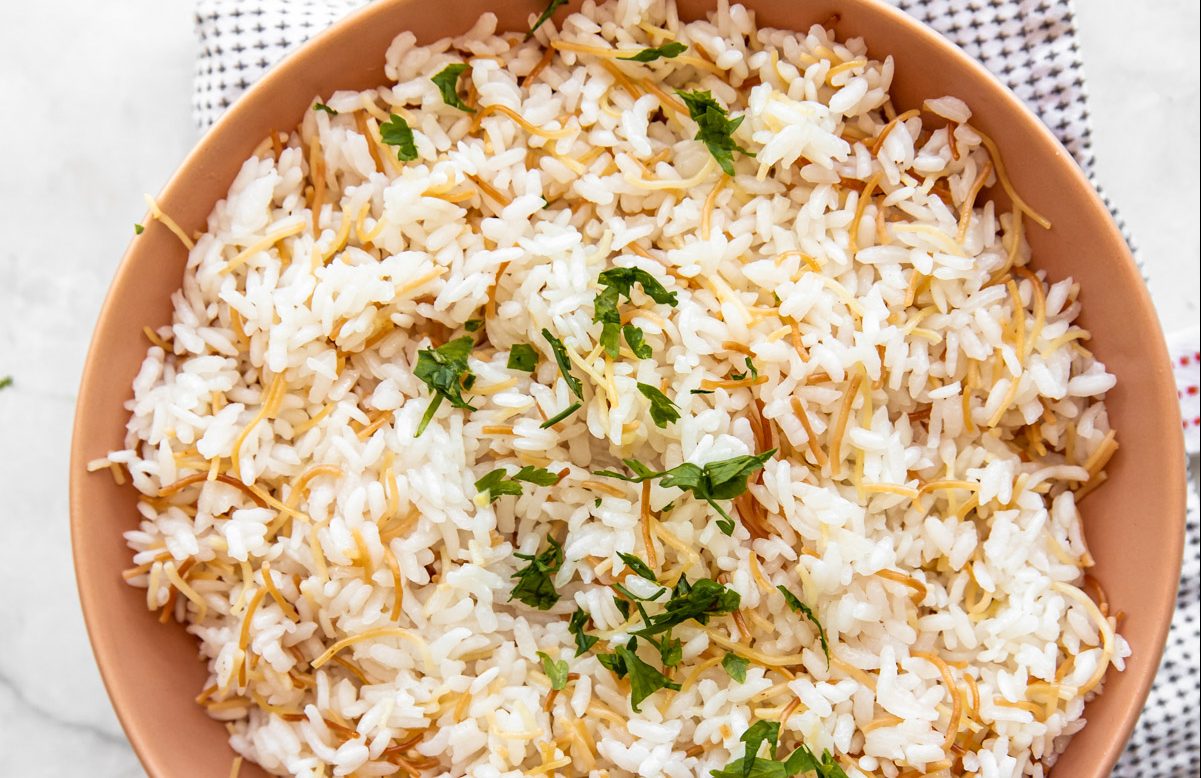
Wash 2 cups of medium grain rice until the water runs clear.
In a pot, warm 1 heaped tablespoon of butter or Ghee on a medium to low heat. When it has melted, crush 4 of the vermicelli noodle nests with your hands straight into the pot. Stir through the butter until golden brown.
Add washed rice to the pot and stir together. Add 1 heaped tablespoon of salt and using the same cup you used to measure the rice, add 4 cups of water and bring the heat up to the boil. When the water starts to bubble, reduce the heat to the lowest, cover the pan with its lid and cook for 20 minutes. Do not open the lid. After 20 minutes turn off the heat and let sit for 8-10 minute
Use a fork to fluff the rice so it doesn’t go mushy and serve.
Servings: 4-6
